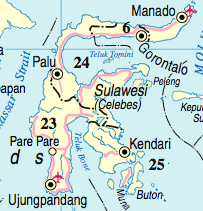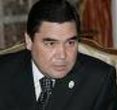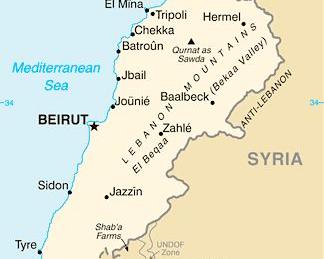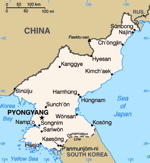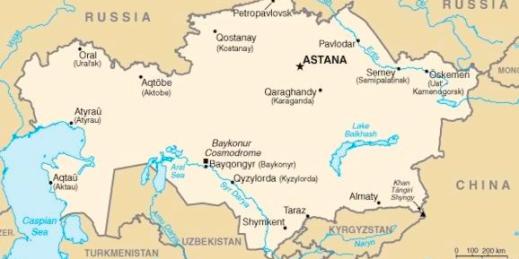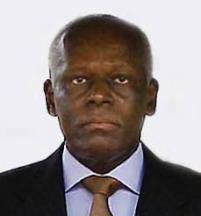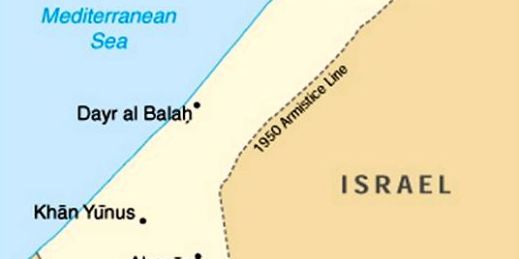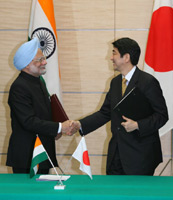
Wednesday’s release of the much-anticipated Winograd Report on Israel’s conduct of the 2006 Lebanon War is bringing the Israeli political system to the boiling point. The heat is rising quickly under the government of Prime Minister Ehud Olmert, who led the country in the war against Hezbollah, the first war in Israel’s short history in which the country did not win a decisive victory. Olmert remains deeply unpopular, but he may yet survive. In the end, it could be another politician — the other Ehud — who ends up the loser. Nobody knows what will remain after the temperature drops […]


